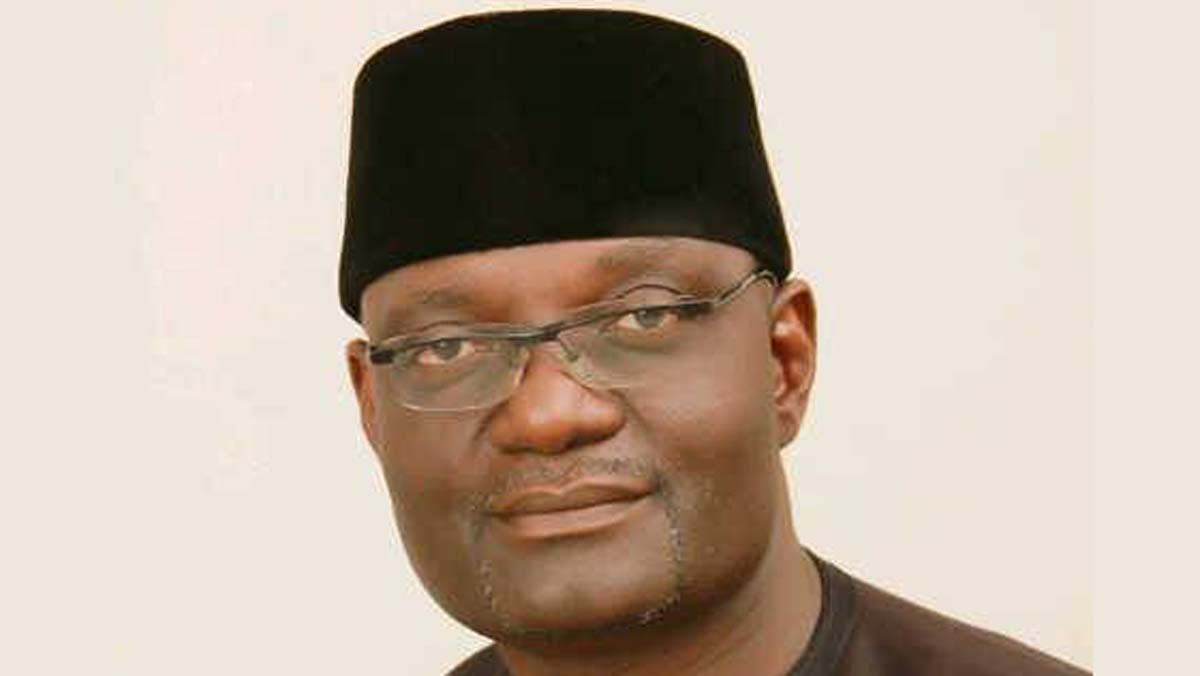
Policy inconsistency, duplication of regulatory functions, infrastructure deficit, insecurity, inadequate human capacity and low investment are among critical factors highlighted as obstacles affecting growth of inland water transportation and associated businesses in the country.
Other issues identified are substandard barges and boats, inadequate equipment at jetties, high cost of operations, currency devaluation and under-exploitation of the waterways transport sector.
These problems as well as some possible solutions were explored at the maiden edition of the Chartered Institute of Logistics and Transport (CILT) Maritime Mode Workshop with the themed ‘Optimisation of Inland Waterways Transport in Nigeria’ held in Lagos.
The Chairman of the House Committee on Waterways, Patrick Asadu, observed that the country has reached the point where it could no longer neglect or ignore the potential of inland waterways transportation.
He said the inland waterway transport sector is largely undervalued, underfunded, under-exploited and faced with other issues such as insecurity, inadequate human capacity and logistics, uncharted channels, lack of fleet maintenance and renewal.
Asadu, who was represented by a member of the House of Representatives, Babatunde Hunpe, highlighted other issues that have challenged the growth of inland water transportation and associated businesses in Nigeria. These, he said, include policy inconsistency, regulatory and interagency overlaps, misconceptions about water transport and the absence of critical infrastructure.
He said while the other modes of transportation in the country have almost collapsed under the severe strain of issues bordering on insecurity, infrastructure deficit and lack of investment among others, there is a need to revive interest in the waterways transport sector to attract the needed investments and remain operational most efficiently and sustainably.
Asadu described inland waterways transport as a major catalyst for social and economic integration, commerce, agriculture, human capital index development and lower emissions.
Asadu, however, proposed a holistic development model to guide governments and private investors towards leveraging areas of comparative advantage and harnessing low-hanging fruits in the sector.
The Executive Secretary of Nigeria Shippers’ Council (NSC), Emmanuel Jime, said inland waterways play an important role in the maritime ecosystem and are pivotal to the economy if adequately harnessed, especially as 28 of the 36 states of the Federation are linked by water.

He highlighted the major problems limiting the nation’s waterway transport sector to include faulty barges and boats, lack of capital to procure ocean-going barges, the proliferation of jetties without acceptable standards for cargo, inadequate handling equipment and high cost of operations, among others.
Jime noted that the culmination of these challenges has denied the nation of optimum socio-economic benefits of a viable inland waterway transport.
He stated that considering the peculiarity of the current economic and market situation, it is imperative to promote multi-modalism to facilitate the movement of cargo.
“As the economic regulator, there is the urgency to not only ensure the enforcement of regulations that will drive the cabotage policy but also ensure the standardisation of barges, jetties among other provisions that should promote safety, efficiency and overall effectiveness of the sector.
“Consequently, appropriate regulations and policies should be adopted to drive logistics and supply chain management for cargo delivery,” he stated.
Speaking earlier, the National President, CILT Nigeria, Mfon Usoro, in her opening remark, said inland waterway transportation across the country has not achieved its capacity, especially with several challenges bedevilling the sector.
According to her, to run an effective inland waterways transport system, there must be cargoes, navigable waterways, terminals and humans to service the sector.

“This is the time we have to make effective use of our inland waterways transportation. There is so much the industry can do to position Nigeria for African Continental Free Trade Area (AfCFTA), using waterways transportation,” she said.
Usoro further called on government agencies to agree on integrated transport planning to regulate traffic on the nation’s waterways to boost trade and the movement of people.
Chairman, Senate Committee on Climate Change and Ecology, Lawal Hassan Anka, pointed out that inland waterways transport has relatively ‘low air and noise emissions per tonne,’ when compared to other modes of transport.
He said inland navigation can contribute to making transport more sustainable, particularly where it substitutes for road transport.
“I want to draw our attention to the importance of engendering resistance to waterway investments to improve water quality or biodiversity and create valuable habitats.
“Waterborne traffic remains an environmentally preferable mode compared to road or rail haulage. Expansion and development of waterways can have significant environmental impacts, mitigate or compensate for damage,” he said.
In his keynote address, the Managing Director, National Inland Waterways Authority (NIWA), Dr. George Moghalu, in his paper titled: “The Policy Thrust of Inland Waterways Transport in Nigeria: The Implication to Sustainable Development,” said despite the enormous resources invested on Nigeria’s inland waterways concerning ports, jetties and ramps development, funding and a well-articulated policy framework, through an enabling Act, are responsible for the lingering challenges in the sector.
He said with the country’s naturally occurring water bodies, vulnerable to effects of flooding, with associated loss of water from the rivers due to siltation and bank erosion, the inland waterways require three critical infrastructure components, which include, developed navigable waterway channels, security and safety on the waterways as well as the development of Inland ports, terminals and jetties.
Moghalu said these developments will open up the waterways and activate private sector interest for investment to optimise the economic potential of the nation’s rivers and water bodies as transportation assets.
Moghalu stressed that a deliberate policy for a viable multimodal and integrated transportation system, with expanded inland waterways sub-sector programmes/performance, should be sustained as it has the potential to increase the country’s Gross Domestic Product (GDP).
He also called for an improved transportation stock and competitiveness, an increase in private sector participation and increase in transportation.
The NIWA boss suggested legislation on the restriction of movement of classified and heavy goods on roads, particularly within destinations that can be accessed by water, which he said will create a cabotage trade hub that will drive the Cabotage Act with sub-optimal implementations derivable from effective development and operationalisation of the country’s vast inland waterway assets.
He said this will also offer employment prospects to youths along coastal communities and address youth restiveness as well as envisaged foreign direct investment, which will up-scale skills gap abridgement.

Moghalu also called for the establishment of the National Inland Waterways Trust Fund, noting that most inland waterway systems all over the world are financed through this fund that is contributed by stakeholders because of the heavy capital outlay for provision and maintenance of infrastructure.
He also called for the adoption of inland port concessioning as a model to attract public-private partnership to operationalise the sector.
Moghalu disclosed that NIWA, in collaboration with the Infrastructure Concession Regulatory Commission (ICRC), has concessioned the rehabilitated and commissioned Onitsha river port to a private investor, while Baro river port is expected to follow soon, and subsequently Oguta and Lokoja river ports, which are under construction.
Also speaking, the immediate-past President of CILT Nigeria, Ibrahim Jibril, described the National Transport Policy (NTP) as a crucial document that could transform the nation’s inland waterway sector and the entire transport system but lamented that it has not been assented to.
Jibril expressed worry that the document, which was developed more than five years ago, may have become obsolete and in need of adjustments to ensure the policy comes out as a relevant updated document.
Jibril, however, called for an industry audit of infrastructures, such as boat building yards, jetties, watercraft and skill sets to know where there are shortcomings and the efforts required to attain global best standards.



